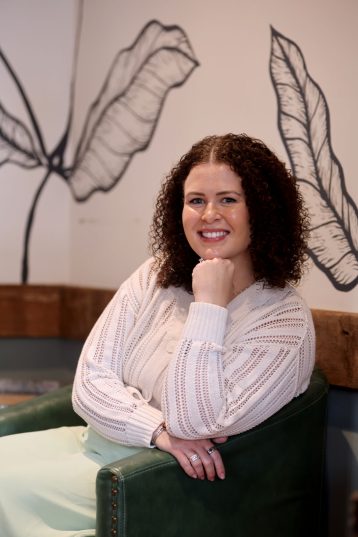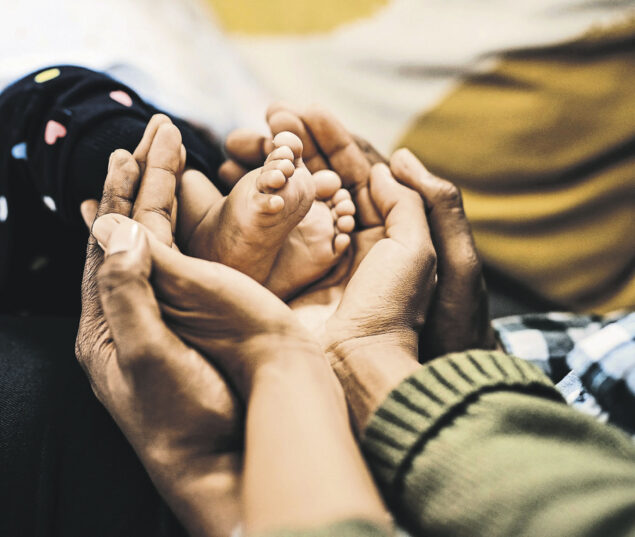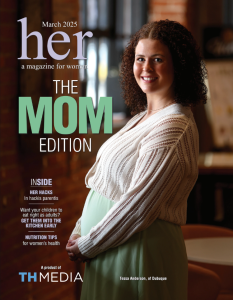Katherine and Rebekah have seven children between them, degrees in education and psychology, experience as educators and developmental therapists. Parenting experts, right?
No, we’re all amateurs.
As mother (Katherine) and daughter (Rebekah), we believe “children should be seen but not heard” is pond scum advice. But we also have contrasting experiences.
In the 1980s, Katherine read “Parent Effectiveness Training,” Brazleton’s “Neonatal Assessments” and more. She believed her parents had done well, although she attempted to be more sensitive to race, pacifism and gender roles.
Rebekah’s parenting style grew from the seeds of her upbringing but was watered with child development studies and Carol Dweck’s growth mindset books. She sees herself as a guide, leading her children to navigate the world.
Predictability vs. security
Katherine: Make sure kids have predictability, that they’ll have three meals per day, regular bedtimes and family activities. Model for them. Assure them I always have their backs.
Rebekah: Make sure kids have security. With so many forces pulling on families, it might be carrots and apples in the car on the way to basketball practice. Make sure they know there will be plenty to eat and time to sleep. I’m always there for them.
Supervision
Katherine: Our kids had “time out” when they lost control of themselves as a way to give them space to calm down. We chatted later about how a situation could be better handled. We reassured them we loved them. We also grounded teenagers for serious offenses that endangered them. While it might’ve ended the behavior, I’m not sure it reinforced wisdom.
Rebekah: Children learn best when there is “buy-in,” and choices come from their desire to do the smart, safe and kind thing rather than fear of punishment. Punished kids just get better at not getting caught (sorry, Mom, I promise I didn’t sneak out every weekend). I skip the consequences and move to guiding better choices, a “time in” rather than a “time out.”
Proactive vs. reactive
Katherine: When our kids ran into conflicts with friends or teachers, we talked at the dinner table about problem-solving and how they might have dealt with it in case it occurred again. I also wanted them to know their opinions counted, so if they were to disagree with adults in authority, they should search ways to do so respectfully. We taught negotiation skills.
Rebekah: Anticipating that disagreements inevitably come up, we talk about empathy and processing emotions before the situation even arises. The goal is to empower them to consider choices they make about their behavior. We use a lot of “what do you think about how you’ll handle that?”
Connections
Overfilling children’s time leads to stress and over-reliance on parents. Boredom sparks creativity. Unscheduled kids daydream, construct tents, read or turn cartwheels.
Family togetherness, however, is foundational. When children feel integral to the family with equal value, they are invested in doing things for one another. Cleaning up the living room becomes less a chore and more what we do to make space for playing board games or enjoying dance parties.
Katherine’s grown kids turned out well, and Rebekah’s tween and teen children are on their way to becoming excellent citizens of the world.
Of course, raised by wolves, they might have turned out just as well.
Rebekah Enzler and Katherine Fischer are freelance writers from Dubuque.









































